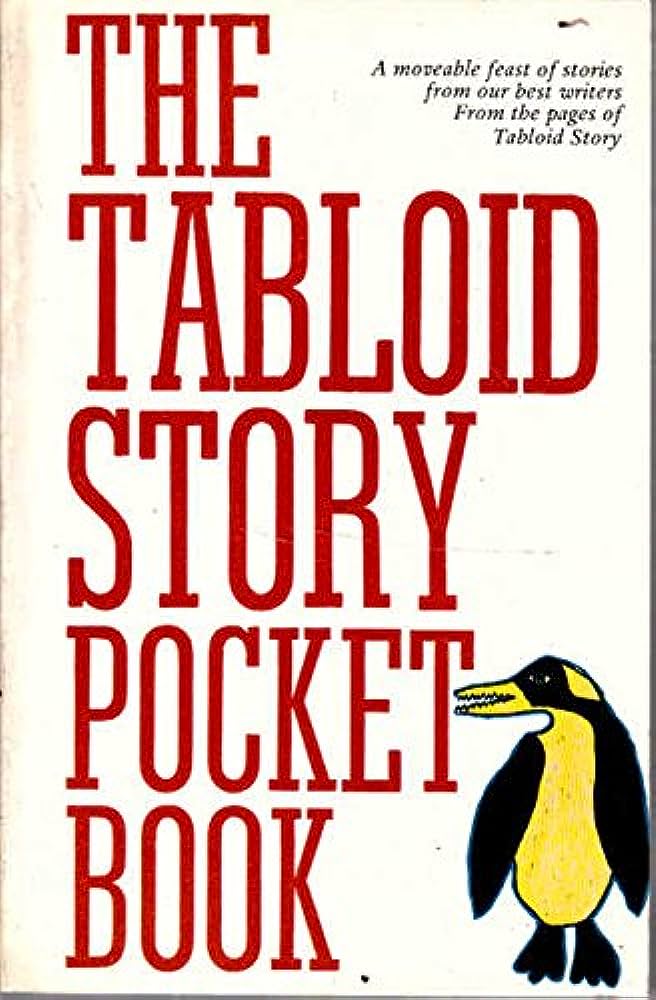Michael Wilding
Film | Theatre | Art | Opera | Music | Television | Festivals
Welcome to ABR Arts, home to some of Australia's best arts journalism. We review film, theatre, opera, music, television, art exhibitions – and more. To read ABR Arts articles in full, subscribe to ABR or take out an ABR Arts subscription. Both packages give full access to our arts reviews the moment they are published online and to our extensive arts archive.
Meanwhile, the ABR Arts e-newsletter, published every second Tuesday, will keep you up-to-date as to our recent arts reviews.
Recent reviews
Veronica Brady reviews 'Billy Two-Toes’ Rainbow' by Hugh Atkinson, 'The Same Old Story' by James Legasse, 'Force and Defiance' by Gedaliah Shaiak, and 'Pacific Highway' by Michael Wilding
‘Even when there’s simultaneity,’ as one of Michael Wilding’s characters says, there’s still linearity that needs to be found, and linearity is difficult to find in this group of books. So, it is better, as Wilding’s book also suggests, to let the books perform and then see the pattern they make. Pacific Highway, in fact, is a kind of haiku novel, which coheres into a single expressive emblem, the emblem of the dance its narrator offers us at the end.
... (read more)In Tirra Lirra by the River, an elderly woman, Norah Porteou, returns to live in her childhood home in Brisbane after forty years as a ‘London Australian’. The house is empty, so is her life. Norah is a ‘woman whose name is of no consequence’. She is sensitive, vaguely artistic, slightly superior (‘Mother,’ she appeals in a childhood scene, ‘don’t let Grace call me Lady Muck.’) The novel consists of a review of her past, with interruptions from half-remembered neighbours offering curious and resentful help.
... (read more)
